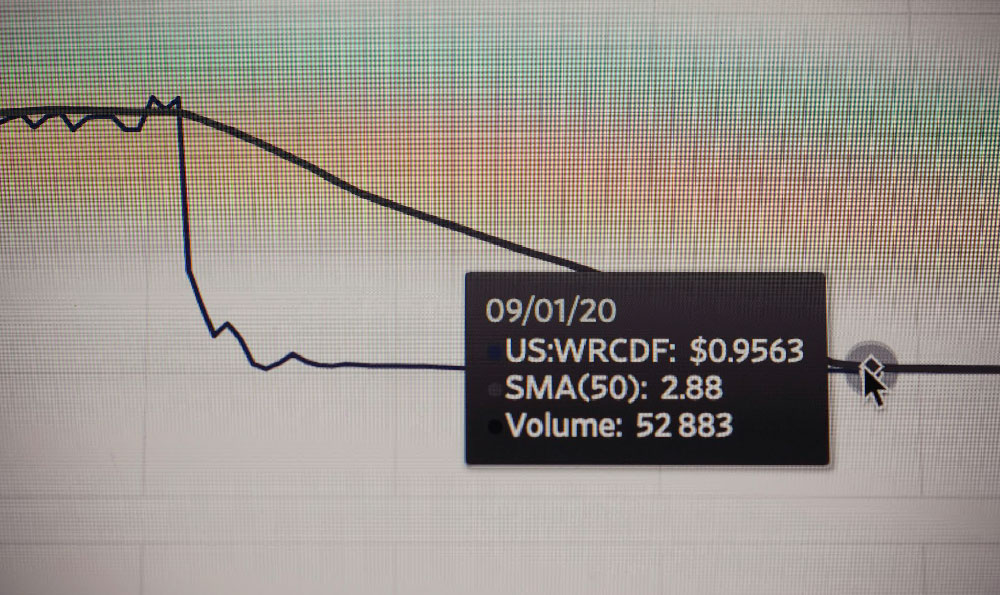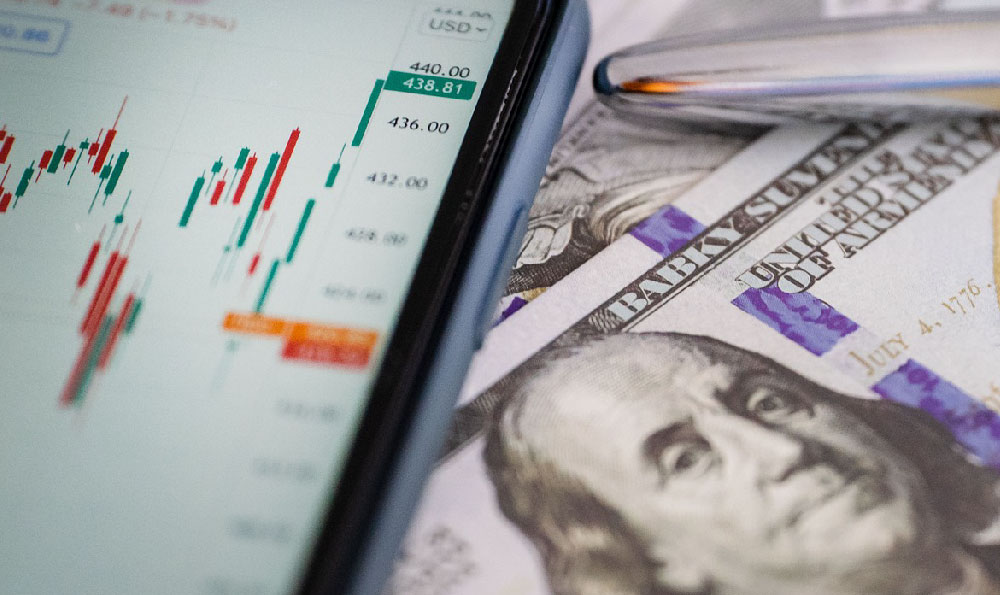The question of how much money the Squid Game winner earned and the actual prize amount is a multifaceted one, intertwined with fictional wealth, real-world currency exchange, and the inherent complexities of prize taxation and disbursement. The hit Netflix series presents a dramatic scenario where 456 individuals compete for a substantial cash prize. Let's delve into the specifics, examining the fictional winnings, the potential real-world value, and the factors that could affect the final amount received.
In the fictional world of Squid Game, the prize money accumulates with each eliminated player. The initial prize for the entire game is 100 million Won. With each participant's demise, an additional 100 million Won is added to the pot. Considering the starting number of players (456), the total prize money reaches a staggering 45.6 billion Won. This is the amount that the victor, Seong Gi-hun, is supposedly entitled to.
However, understanding the actual prize requires converting this Korean Won amount into more relatable currencies like US dollars or Euros. Currency exchange rates fluctuate constantly, but at the time of the series' immense popularity, 45.6 billion Korean Won roughly translated to around $38 million USD or €32 million EUR. This conversion provides a clearer picture of the sheer magnitude of the potential winnings. It’s important to note that these are approximate figures, and the exact dollar or euro equivalent would depend on the specific exchange rate on the day the prize was hypothetically awarded.

The series doesn’t delve into the specifics of how the prize money is disbursed or the associated tax implications. In reality, such a significant windfall would be subject to substantial taxation. The percentage of the prize claimed by taxes would vary depending on the jurisdiction in which Gi-hun resided or where the prize was officially awarded. Assuming the winner lived in South Korea, the prize would likely be subject to Korean income tax laws, which are progressive and can reach high percentages for very high earners.
Hypothetically, a substantial portion of the $38 million USD could be claimed by taxes. Tax rates can be complex, with various deductions and allowances potentially applicable. However, it's reasonable to assume that the tax burden could be in the millions of dollars. Therefore, the actual amount received by Gi-hun after taxes could be significantly less than the initially stated $38 million. It’s worth noting that some countries also impose wealth taxes, which could further diminish the long-term value of the prize.
Another factor to consider is the form in which the prize money is awarded. While the series depicts stacks of cash, in reality, such a large sum would likely be transferred electronically to a bank account or distributed through other established financial channels. This would allow for proper tracking and reporting for tax purposes. The potential for fraud or theft is also minimized with electronic transfers compared to handling large sums of physical currency.
Furthermore, the management and investment of the prize money would be crucial for ensuring long-term financial security. Simply leaving such a large sum in a basic savings account would result in its value eroding over time due to inflation. Gi-hun would likely require professional financial advice to diversify his investments, potentially allocating funds to stocks, bonds, real estate, or other assets to generate income and preserve capital. This would involve assessing his risk tolerance, financial goals, and time horizon to develop a tailored investment strategy.
Another critical aspect often overlooked is the psychological impact of suddenly acquiring immense wealth. Studies have shown that lottery winners and other recipients of large sums of money can experience a range of emotions, including euphoria, anxiety, and even depression. It’s not uncommon for individuals to squander their newfound wealth through poor spending habits, bad investments, or lending money to friends and family who may not repay it. Therefore, Gi-hun would need to be mindful of these potential pitfalls and seek guidance from financial advisors and therapists to navigate the psychological challenges of wealth management.
Moreover, the series doesn't explicitly state what happens to the prize money if a winner refuses to claim it. In reality, most contests and competitions have specific rules and regulations governing unclaimed prizes. Generally, the unclaimed prize money would revert to the organization hosting the game, potentially being used for future events or charitable purposes.
In conclusion, while the fictional Squid Game prize of 45.6 billion Won (approximately $38 million USD) seems like an enormous sum, the actual amount received by the winner would be considerably less after accounting for taxes, potential currency fluctuations, and the need for sound financial management. The recipient would also need to grapple with the psychological implications of sudden wealth. The narrative serves as a cautionary tale about the allure of riches and the importance of responsible financial planning, regardless of the source of income. The true value of the prize lies not only in its monetary worth but also in the winner's ability to manage it effectively and use it to build a secure and fulfilling future. It highlights the crucial need for financial literacy and responsible decision-making when faced with significant wealth, illustrating that acquiring wealth is only the first step; preserving and growing it requires knowledge, discipline, and often, professional guidance.












